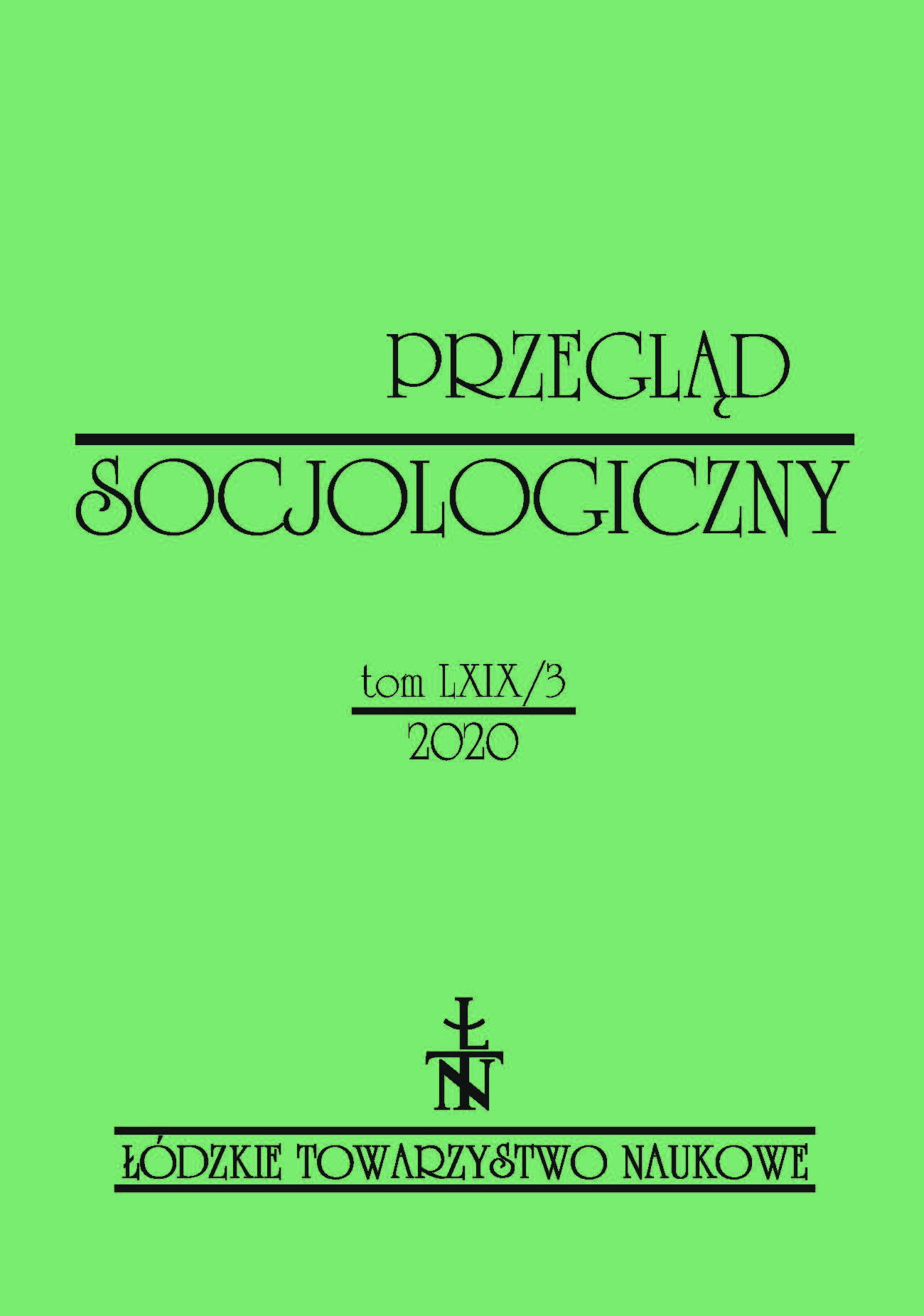The concept of vulnerability within research ethics and health policies on rare diseases
The concept of vulnerability within research ethics and health policies on rare diseases
Author(s): Małgorzata RajtarSubject(s): Social Sciences
Published by: Łódzkie Towarzystwo Naukowe
Summary/Abstract: Rare diseases have held a special status within health policy of the European Union (EU) since the 1990s. According to key EU legal documents on this issue, patients who suffer from a rare disease are entitled to the same good quality care as others. Due to the “low prevalence” of each rare disease and simultaneously the large total number of patients affected by them – between 27 and 36 million people in the EU – individuals who belong to this group are regarded as particularly vulnerable. Classifying people with rare diseases as vulnerable raises ethical issues that have rarely been discussed by scholarship in social sciences and humanities. Drawing on existing literature, I argue that research ethics as well as ethics and politics of public health espouse a negative and labelling understanding of vulnerability. According to this concept of vulnerability some individuals, groups or populations are classified as being subjected to greater harm or hurt than others; thus, they require special support from, for instance, researchers and/or the healthcare system. As a result, such an understanding increases the danger of paternalistic practices and “pathogenic vulnerability” [Mackenzie 2013]. It may also contribute to discrimination, stigmatising and victimising. As I show in this article, health policies tailored to rare diseases often run the risk of increasing “pathogenic vulnerability”.
Journal: Przegląd Socjologiczny
- Issue Year: 69/2020
- Issue No: 3
- Page Range: 107-127
- Page Count: 21
- Language: English

